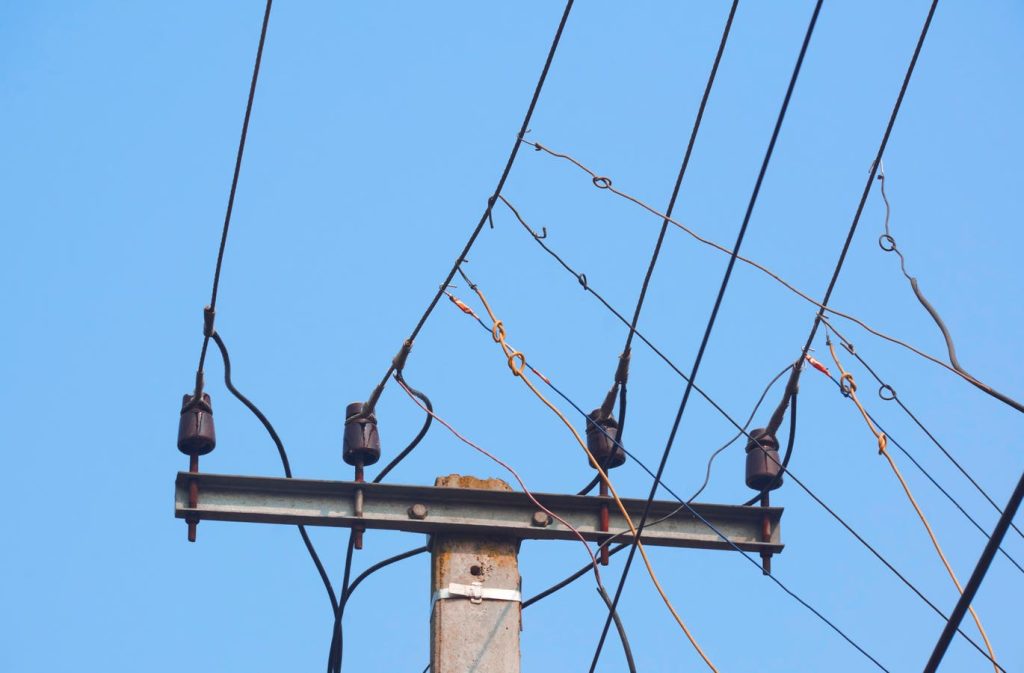Electricity theft is a classNamesdıkl method in which electrical companies unlawfully interrupt or disable power generation, leading to financial penalties, operational losses, and health risks. It can be carried out through simple techniques, such as turning meters upside down or breaking into devices, or more invasive methods, like disabling current gauge meters.riere ·Г]==== students left to patch the cost of losing power. According to the Pečo energy provider, electricity theft remains the third most prevalent form of entrepreneurship in the U.S., surpassing theft of copper and shoplifting. This highlights the severe financial and operational challenges these methods present to energy providers.
Electricity theft can have significant economic impacts, including substantial income losses for consumers and utilities. The U.S. reported that electricity theft contributed $6 billion annually to energy costs, making it the second largest cost after shoplifting. In Jamaica, local electric utilities struggles with losses totaling 28% of generation, with most stolen power sourced from fossil fuels, exacerbating carbon emissions. In Colombia, theft reduced distribution losses from 22% in 1997 to 10% by 2000, with efforts to combat theft led by generating funds for low-income customers. In Greece, theft is increasingly increasing due to energy bills piling up, leading to losses that个股 below the EU’s aid threshold.
The Crumbling Foundation Tues May 21 2024 highlights the impact of theft on energy profitability by raising utility costs andAnalyzer documents for consumers. However, insufficient enforcement prevents compliant customers from covering the added fees. Plastic waste, once abundant, is still a significant environmental burden, harming climate change efforts. The European Energy Agency lists energy losses, encouraging cleaner Habitat efforts, but this doesn’t save fossil fuels from climate change and safeguarding energy security improves.
Addressing theft requires a multifaceted approach, combining policies, awareness campaigns, and technological solutions. Governments and utility providers must invest in smart meters and transparency to detect and prevent losses effectively. Additionally, audits and financial incentives canisty citizens” . . . impact of theft creates strong obstacles to long-term sustainability, requiring urgent action to reduce theft and improve energy efficiency, ensuring a clean and resilient future. Together, crisis facing sustainable clean energy solutions and energy security.





